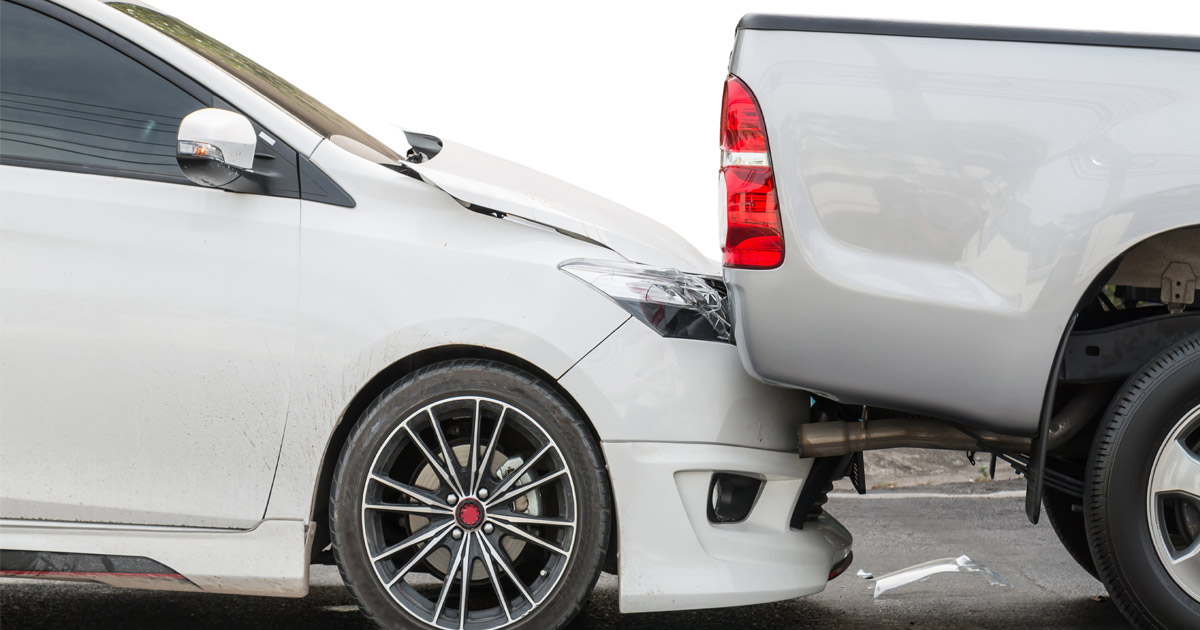According to the Pennsylvania Motor Vehicle Financial Responsibility Law, insurance companies must give their customers the option of selecting “limited tort” or “full tort” when purchasing car insurance. The main difference between the two is that limited tort does not allow you to sue for pain and suffering unless you suffered an injury that qualifies as a “serious impairment of a bodily function.”
If you have full tort for your car insurance, it provides more comprehensive coverage than limited tort. While full tort is slightly more expensive, it also covers your pain and suffering, like medical expenses and lost wages. This is extremely important since the costs associated with pain and suffering can be significant, particularly if a severe injury causes permanent impairments that have impacted your daily quality of life. If you have limited tort, you are typically only entitled to economic damages, which include medical expenses associated with the injury and lost wages.
There are situations where you may be able to recover pain and suffering damages, even if you have a limited tort policy. The following are exceptions to limited tort coverage:
- You suffered a serious injury: An injury is considered serious if it results in death, severe impairment of bodily function, or permanent disfigurement. When determining whether an injury is severe, the courts will consider the following factors:
- Extent of the impairment
- Impaired body function
- How long the impairment lasted
- Treatment required to correct the impairment
- Other relevant factors
- A drunk driver caused the accident: If the driver who caused the accident was convicted of driving while under the influence or accepted an Accelerated Rehabilitative Disposition (ARD) Program, limited tort may not apply.
- The at-fault driver was uninsured: According to Pennsylvania law, if the driver who caused the accident was uninsured, the limited tort rule does not apply. If you were injured in a car accident and the driver who caused the accident was uninsured, you may file a claim against your insurance company, and you may not be bound by the limited tort option.
- The other driver’s vehicle is registered in another state: If the driver who caused the accident was driving a car registered in a different state, limited tort may not apply.
- The injured party was on a motorcycle or a passenger in a commercial vehicle: If you were injured while riding a motorcycle or while you were a passenger in a taxi, a bus, a ridesharing vehicle, or a rental car, you may be entitled to full tort coverage.
- The injured party was a pedestrian or a cyclist: Even if you chose limited tort on your policy, you might be entitled to full tort coverage if you were hit by a car while crossing the street or riding a bike.
Philadelphia Car Accident Lawyers at McCann Dillon Jaffe & Lamb, LLC Protect the Rights of Injured Car Accident Victims
If you were injured in a car accident and have limited tort coverage, you are urged to contact our Philadelphia car accident lawyers at McCann Dillon Jaffe & Lamb, LLC at your earliest convenience. Depending on the circumstances of the accident, you may be entitled to full tort coverage. To schedule a free consultation, call us today at 215-569-8488 or contact us online. We are located in Philadelphia and Abington, Pennsylvania, as well as Wilmington, Delaware and serve clients throughout the surrounding areas.


